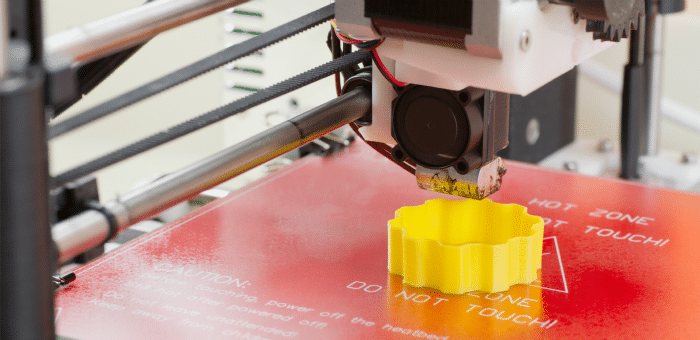
What Manufacturers Must Ask About 3D Printing
3D printing isn’t just for prototyping. Additive manufacturing supports product design and development, but companies can also realize cost-savings on production runs. Moreover, 3DP is capable of creating parts in in almost any shape or size. Eliminating geometric constraints is powerful, but is it enough to convince industry that 3D printing is the way to go? For manufacturers, there are five areas to address.








